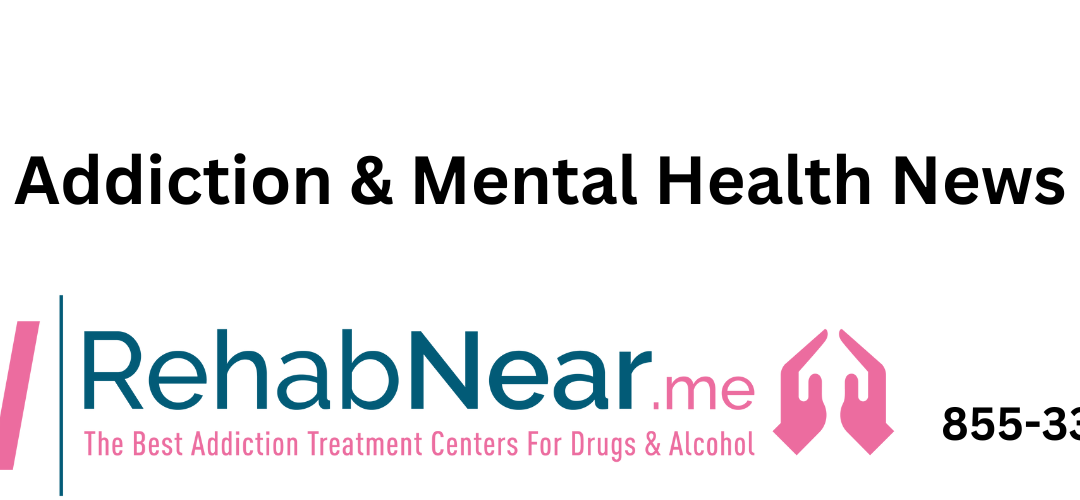Results from a large clinical trial funded by the National Institutes of Health show that an intervention for anxiety provided to pregnant women living in Pakistan significantly reduced the likelihood of the women developing moderate-to-severe anxiety, depression, or both six weeks after birth. The unique intervention was administered by non-specialized providers who had the equivalent of a bachelor’s degree in psychology-;but no clinical experience. The results suggest this intervention could be an effective way to prevent the development of postpartum mental health challenges in women living in low-resource settings.
Led by Pamela J. Surkan, Ph.D., Sc.D., of Johns Hopkins Bloomberg School of Public Health, Baltimore, the study was conducted in the Punjab Province of Pakistan between April 2019 and January 2022. Pregnant women with symptoms of at least mild anxiety were randomly assigned to receive either routine pregnancy care or a cognitive behavioral therapy (CBT)-based intervention called Happy Mother-Healthy Baby. The researchers assessed the participants (380 women in the CBT group and 375 women in the routine care group) for anxiety and depression six weeks after the birth of their child.
The researchers found that 9% of women in the intervention group developed moderate-to-severe anxiety compared with 27% of women in the routine care group. Additionally, 12% percent of women in the intervention group developed depression compared with 41% of women in the routine care group.








